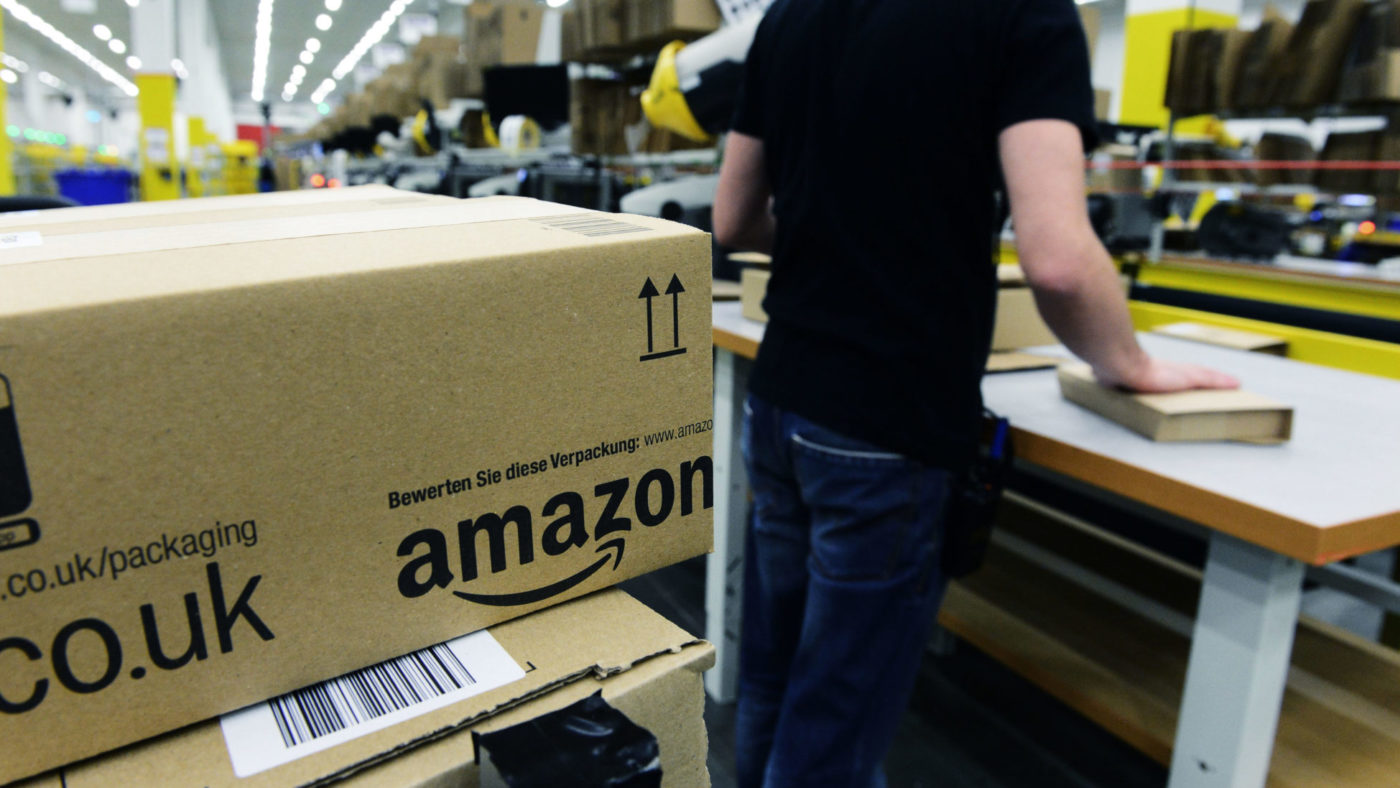Jeremy Corbyn and his merry bands of Marxists are at it again: a new tax on Facebook, Google and Netflix to subsidise the BBC licence fee and create a British Digital Corporation to take on those pesky Americans. This is yet another example of a solution in search of a problem from Team Corbyn.
The BBC is hardly the poor man in the UK’s media landscape. Their total income reached £5 billion last year. Across TV, radio and online, the Beeb is easily the UK’s most popular news outlet. Its website also had the third highest number of users in the UK last year after Google and Facebook. All of this is aided, of course, by a guaranteed stream of income via the licence fee. So what’s the fuss about?
A handful of US corporations don’t pay enough tax, apparently. Last year, Amazon UK paid £4.5 million in corporation tax, on profits of £72 million. Yes, that is less than 19 per cent, the rate that has been in place since 2017.
But this isn’t particular to Amazon. Companies, large and small, are allowed to defer tax liabilities. So the Treasury’s tax on a firms activities can be paid in a financial year separate to when it took place. Additionally, operating profit is affected by the depreciation of a company’s assets. A closer look at Amazon’s accounts show that the depreciation of tangible assets (stock and other physical stuff) doubled last year to £120 million. These two factors largely explain a smaller contribution than the main rate 19 per cent.
And this is no bad thing. By deferring corporation tax, companies are able to invest, improve their service and reward staff. The latest accounts also show that Amazon had over 5,000 new staff between 2016 and 2017.
Amazon, Facebook and Google pay their legal requirements. Rather than getting in a flap about companies not paying their “fair share” of corporation tax (however that’s defined), politicians should seek to simplify the tax code.
What’s also curious about Corbyn’s proposal for a “digital licence fee” is that he and his outriders have actively sought to denigrate the very institution which they now want to funnel more of our money to.
And why should he ride to the defence of Auntie? The BBC is replete with examples of waste and incompetence. The former deputy director general, Mark Byford, was given a payoff just shy of £1 million in 2013 when his position was eliminated. The National Audit Office found that the BBC had given £25 million in severance payments to 150 outgoing senior managers. This was £2 million more than their contracts stipulated.
Print journalists also bemoan their situation, with falling advertising revenue and newsrooms’ sub-editors being cleared out. But the reason that is happening is that digital media is empowering. People can engage with brands, politicians and their favourite television shows far more easily than a few years back. We are spending our time and money on these companies because they’re doing something that the BBC and newspapers often fail to do – innovate.
Corbyn’s proposals for more equality data, readers electing people to boards and charitable status for not-for-profit investigative journalists have the Cameroon, specious eye-catching element to them. But he should stop taking people for fools: if you don’t like what a media outlet produces, don’t watch, read or listen to it.


